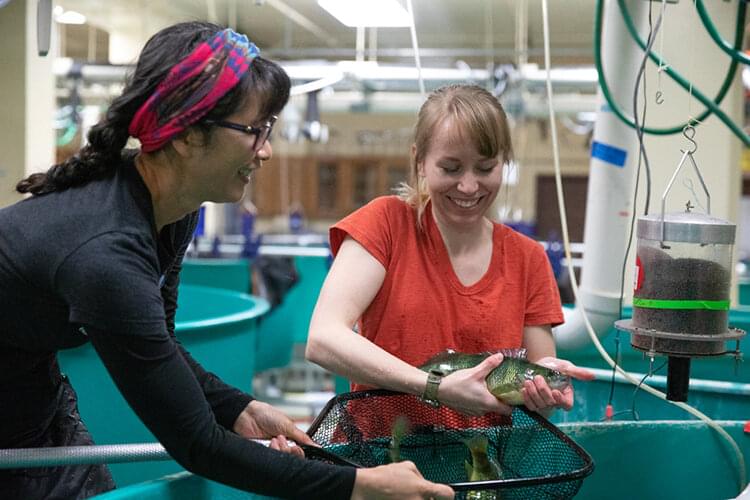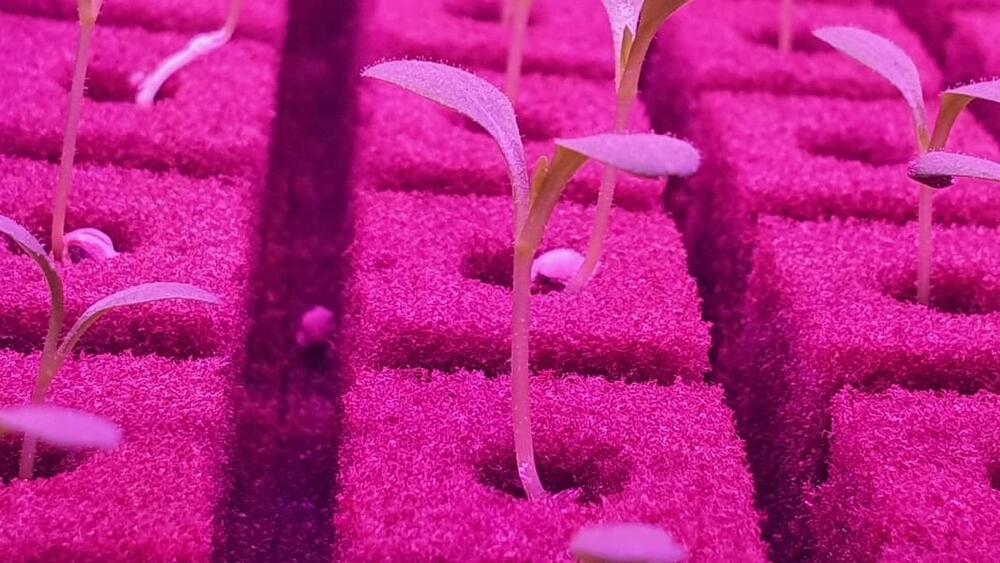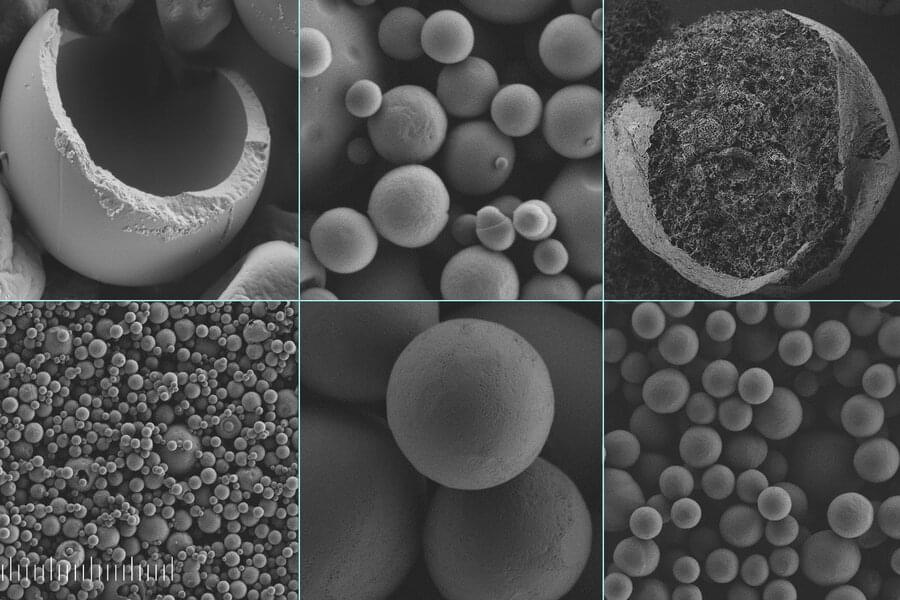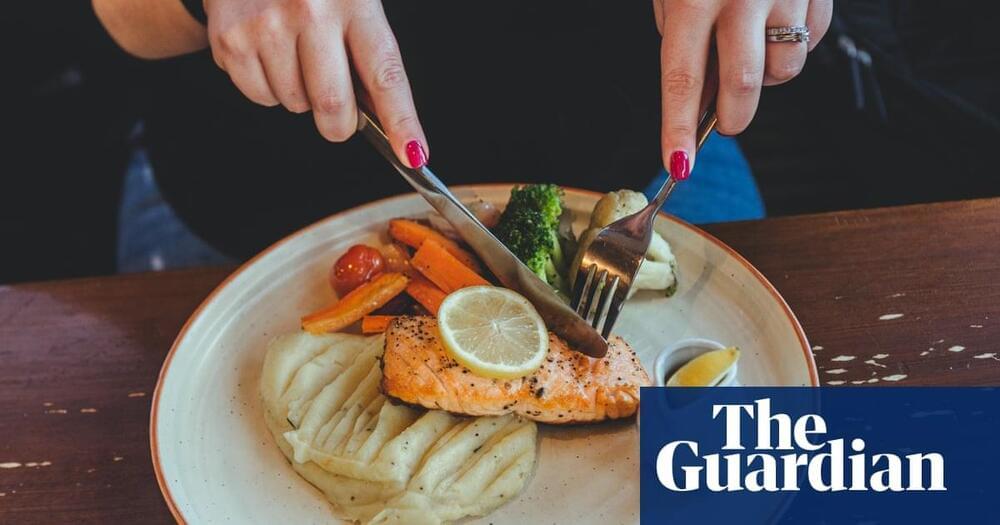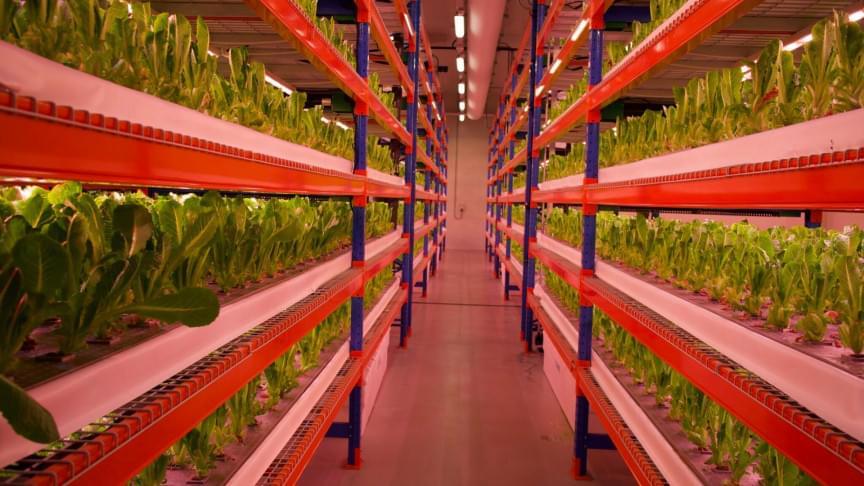When Dong-Fang Deng and her students make feed for the fish they raise at UWM’s School of Freshwater Sciences, they often use ground fishmeal—dried fish parts from fisheries or wild catch—as the protein source.
It’s possible to find microplastics in commercial fish food, she said, because the wild fish that end up in fishmeal consume some of the microplastics that litter the waters they live in. But after Deng actually spotted tiny plastic beads in pre-ground fishmeal, it prompted a question.
“We wondered, ” If the fish eat the microplastics, could the particles accumulate inside their bodies?’” said Deng, professor of freshwater sciences who researches the role of diet in fish farming, or aquaculture.
